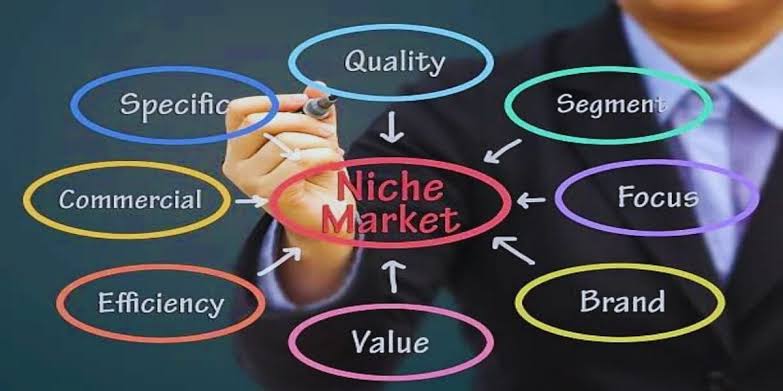Subtotal: $4398.00

In today’s globalized world, translation services go beyond general content adaptation. Many industries require highly specialized translations that maintain accuracy, cultural relevance, and industry-specific terminology. This is where niche market translation comes in—offering tailored solutions for industries such as biotech, legal, finance, gaming, e-commerce, and medical translation.
Understanding how to tailor services for unique industries can set you apart from the competition. Let’s explore the key strategies to specialize in niche translations.
1. Understand Industry-Specific Terminology
Each industry has its own jargon, acronyms, and technical language that require in-depth understanding. For instance, in medical translation, a misinterpretation of a pharmaceutical document can lead to critical errors. Similarly, legal translation demands precision in contracts, patents, and regulatory documents. Investing in industry-specific training or collaborating with subject matter experts (SMEs) can enhance the accuracy of your translations.
2. Leverage Technology & CAT Tools
Using Computer-Assisted Translation (CAT) tools, translation memory (TM), and glossaries helps maintain consistency in specialized fields. AI-powered translation tools can assist in speeding up repetitive tasks, but human expertise is irreplaceable in ensuring linguistic nuances and compliance with industry standards.

3. Cultural Adaptation & Localization
Localization services are crucial for industries like gaming, e-commerce, and marketing translation. A successful localization strategy ensures that content resonates with the target audience, adapting not just the language but also currency formats, units of measurement, and cultural preferences.
4. Certifications & Compliance
Certain industries require certified translators. ISO 17100-certified translation services guarantee quality assurance in technical fields. For example, financial translation must adhere to international accounting standards, while medical translations often require regulatory compliance with bodies like the FDA or EMA.
5. Build a Specialized Network
Collaborating with industry experts, linguists, and native-speaking professionals enhances the credibility of your translations. Many businesses in niche markets prefer translators with a proven track record in their field. Joining industry-specific translation associations and forums can help establish authority in specialized sectors.

6. Offer Multilingual SEO & Content Adaptation
For industries like e-commerce and digital marketing, multilingual SEO plays a crucial role in reaching international customers. Optimizing translated content with industry-relevant keywords, meta tags, and local search terms improves online visibility.
Final Thoughts
Specializing in niche translation markets is a game-changer for translators and language service providers (LSPs). By mastering industry terminology, leveraging technology, and focusing on cultural adaptation, you can deliver high-quality, specialized translations that meet global business needs.
If you’re looking for expert translation services for niche industries, reach out to us who understand the complexities of your sector.